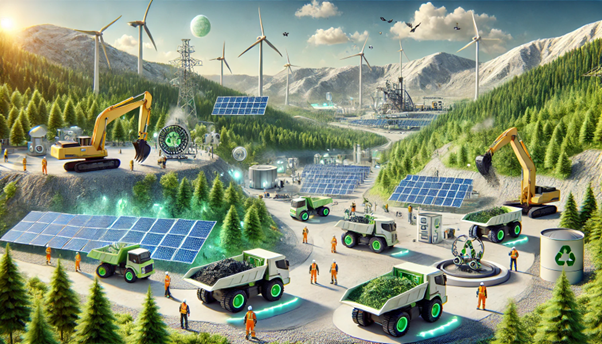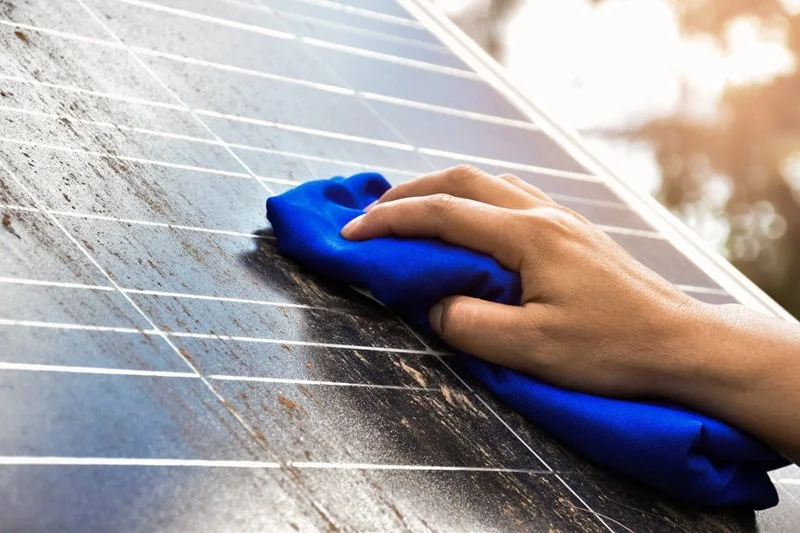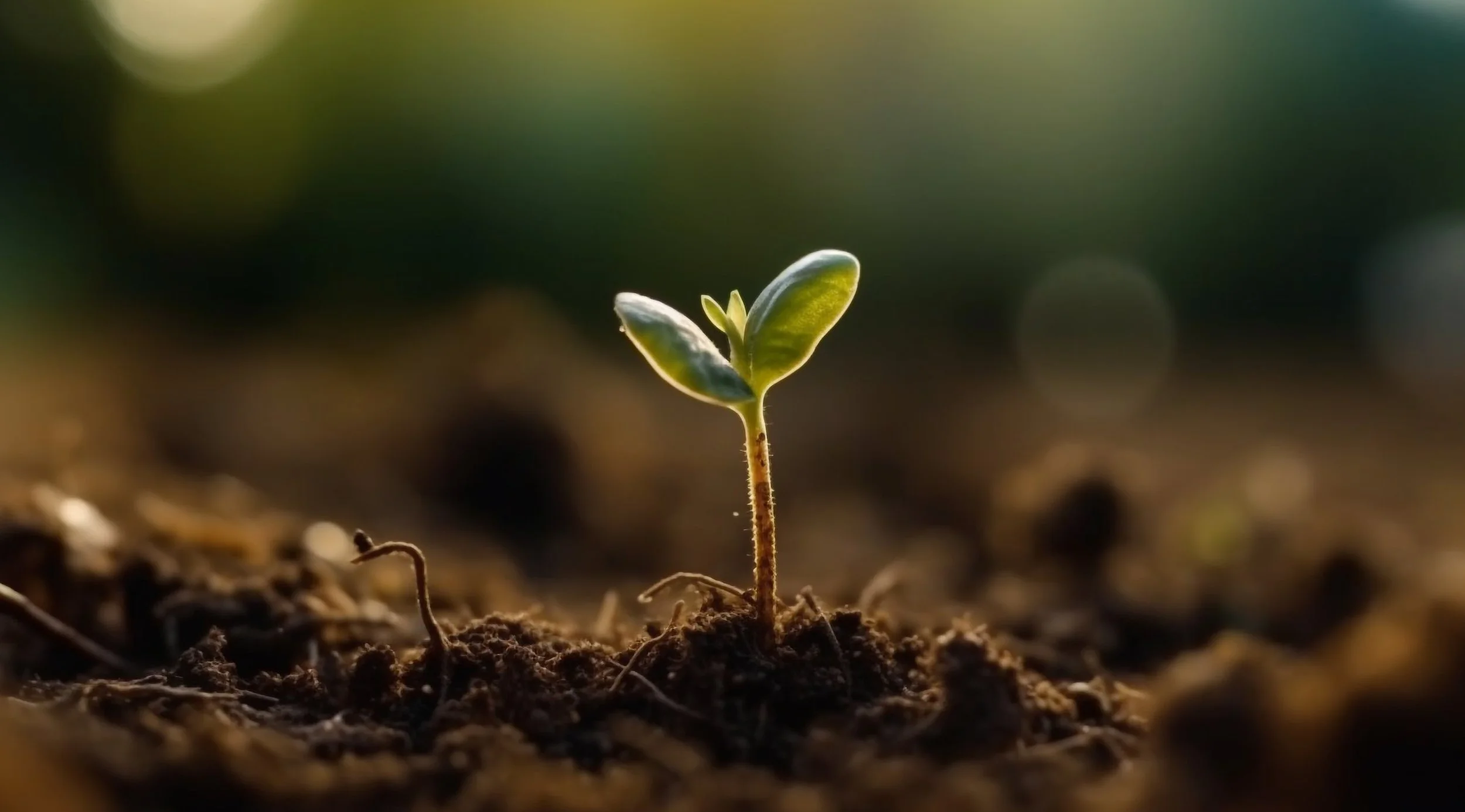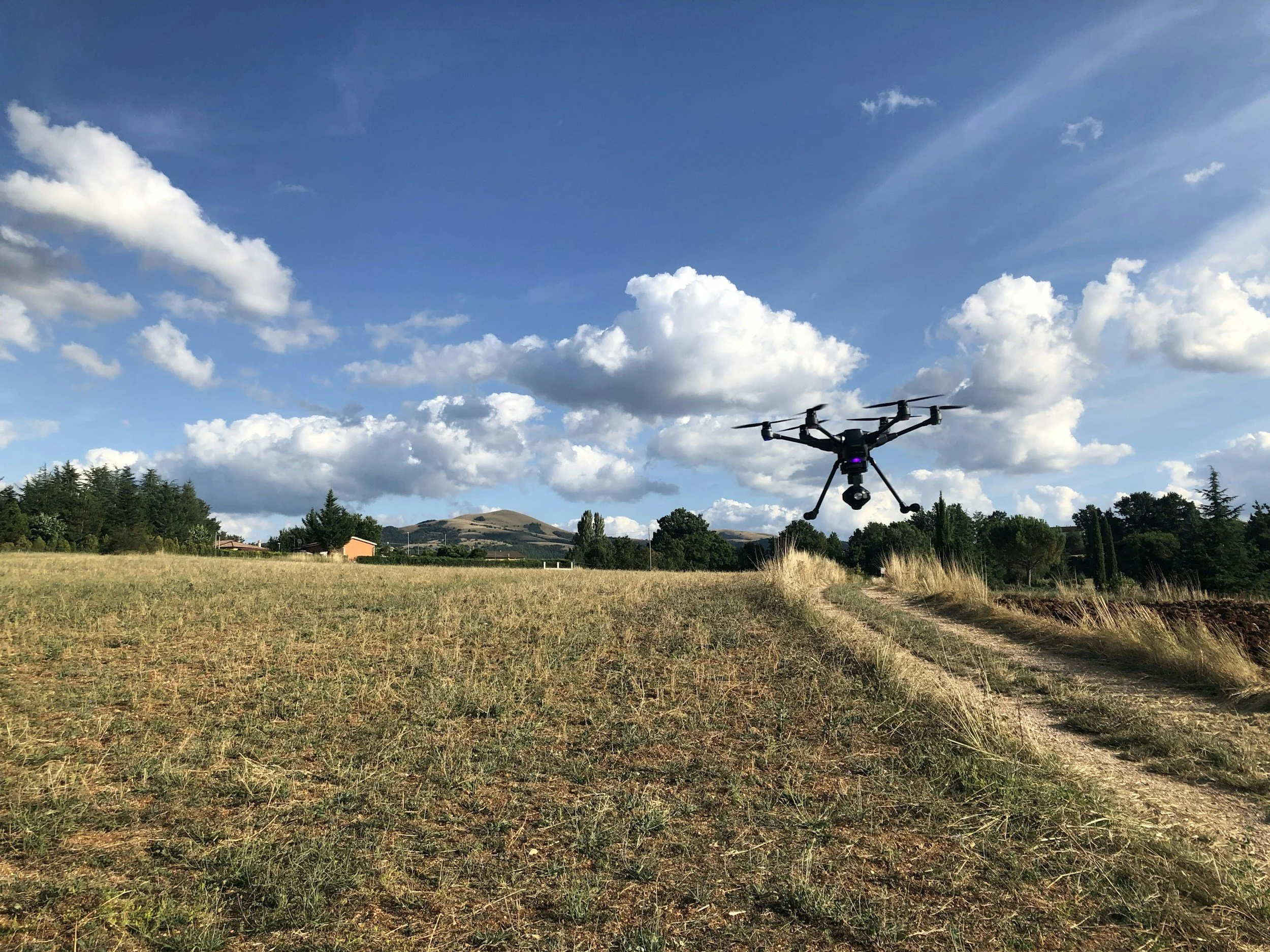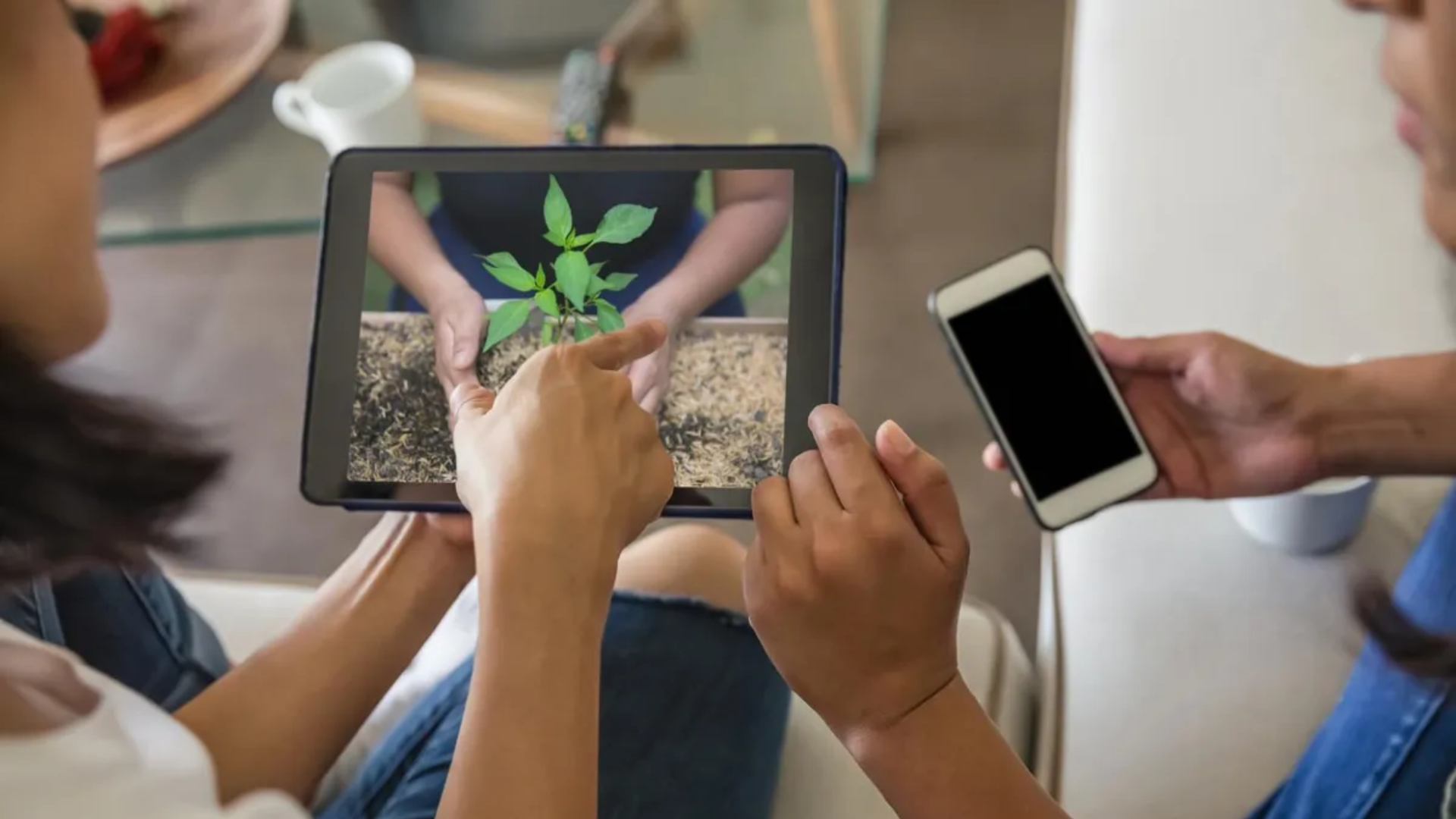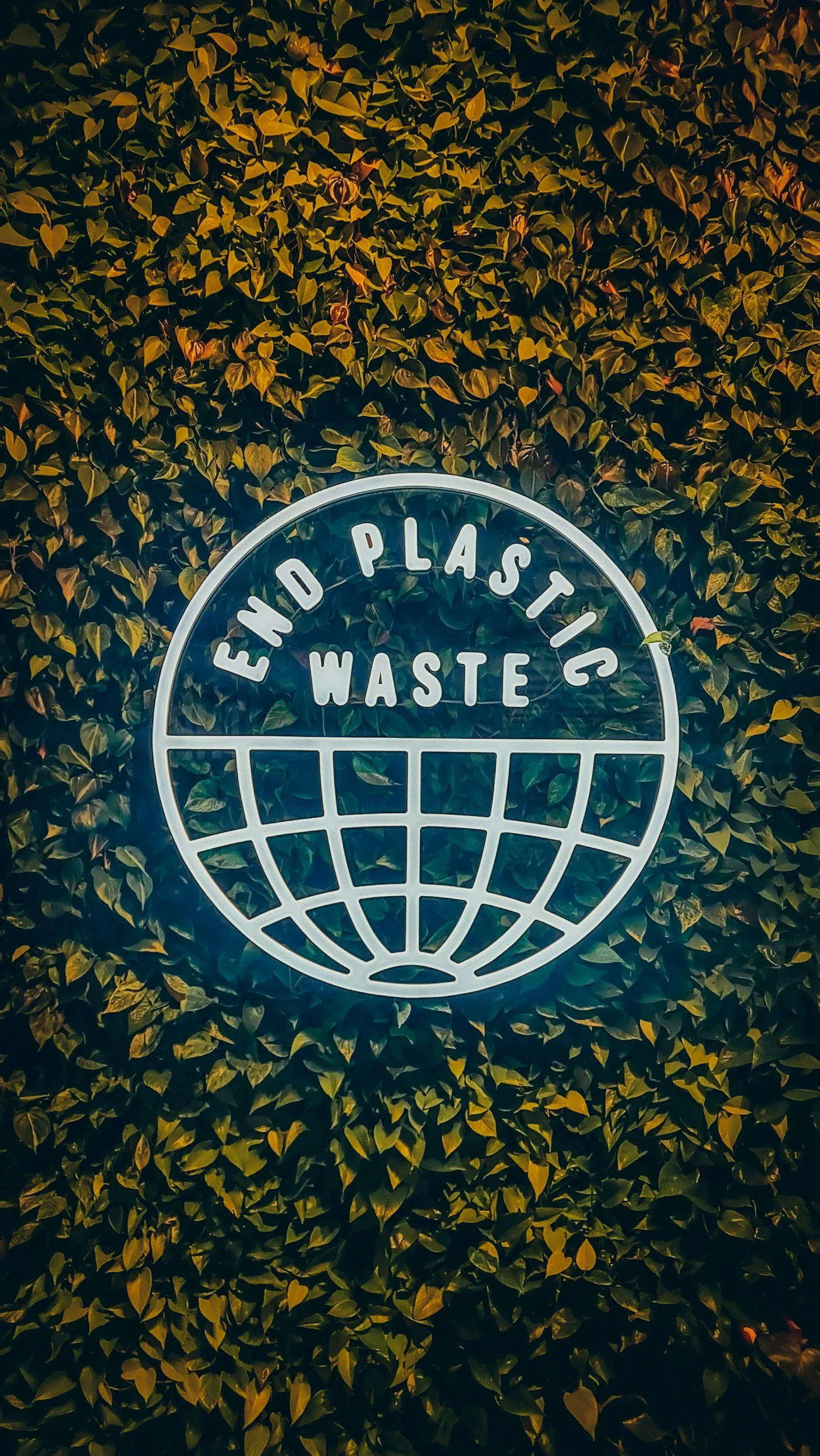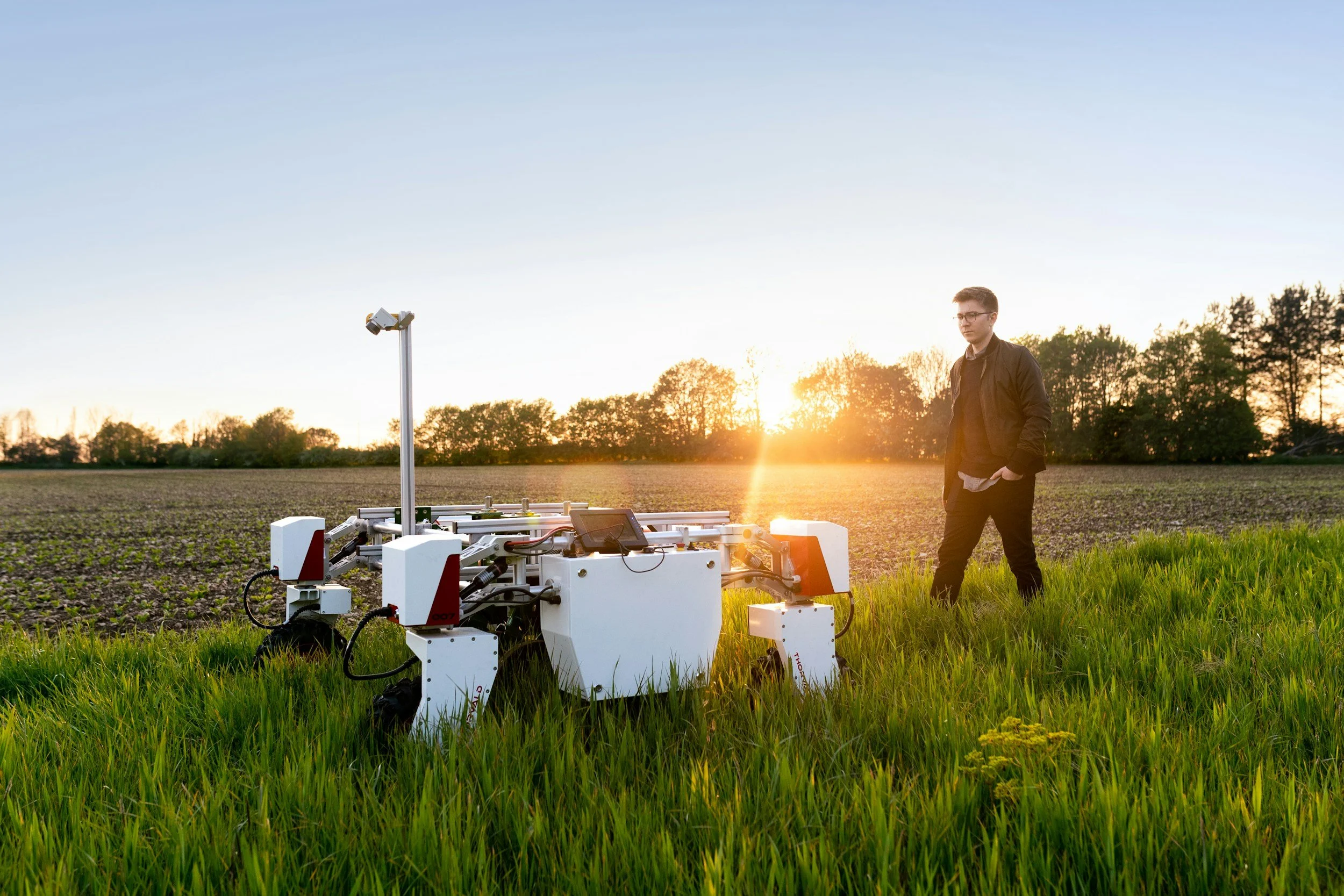Five Things You Should Know about Using Biodegradable Products
/Biodegradable materials have been used for decades but they've recently seen an increase in popularity due to environmental concerns. Nowadays people are looking for eco-friendly alternatives to conventional products. Using biodegradable products can be one way to go green. These products not only help the environment, but they're also better than their alternatives. However, they are not a complete solution to the problem of waste, and biodegradable products are not completely problem-free. Here are five things you need to be aware of when using biodegradable materials.
Read More





























